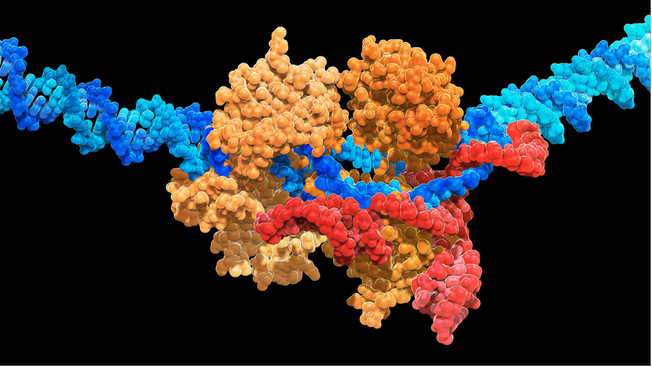 By: Cassandra Van Drunen “Just because we are not ready for scientific progress does not mean it won’t happen.” - Jennifer Doudna
The CRISPR Cas-9 gene editing tool has been the focus of scientific news for many years. However, with the recent Nobel Prize win for female scientists Jennifer Doudna and Emmanuelle Charpentier for their contribution to CRISPR editing, controversy about both their win and the ethics of the scientific process are being brought to light. Firstly, what is CRISPR Cas-9? CRISPR, which stands for clustered regularly interspaced short palindromic repeats, is a genetic tool which can be used to edit DNA. This new method of genome editing was a major scientific breakthrough as it allowed scientists to edit genetic material at a rate four times faster than previous methods in addition to being more cost effective. What started the ethical dilemma of this technology was when Chinese scientist He Jiankui used CRISPR to edit the DNA of two twin girls. Jiankui revealed his findings at the International Summit on Human Genome Editing in Hong Kong in late November 2018, which made international headlines as he performed this process without the knowledge of the government or the Southern University of Science and Technology in Shenzhen. Jiankui was later arrested and sentenced to 3 years in prison with the charge of ‘illegal medical practice’. This brought the use of gene editing tools on humans to the ethical forefront of international news, as debate began over whether the use of CRISPR on humans was justified. While many argue both sides of this argument, it is not the only controversy surrounding CRISPR. With the Nobel prize winners being announced, may have questioned whether Doudna and Charpentier should have been the only recipients of the chemistry prize. With only three people being allowed to share a Nobel prize, it was difficult to justify who would be rewarded for development of this biotechnology. One of the other deserving individuals was Virginijus Šikšnys, a scientist from Vilnius University who also made similar discoveries and was among the first to show that CRISPR-Cas9 technology can be used in human cells. While Šikšnys and his team were the first to discover the early mechanisms of CRISPR and submit their findings, Doudna and Charpentiers work was published before his. In addition, two scientists, bioengineer Feng Zhang and geneticist George Church, discovered that the system can be used to edit DNA in mammals. Some consider this one of the largest hurdles in the discovery of CRISPR technology. This has actually led to an ongoing patent battle between the scientists. With so many scientists involved in its discovery, different people have varying opinions on who and how many scientists deserved to obtain the Chemistry Nobel Prize. CRISPR technology leaves us with many questions. Is it ethical to genetically edit human or other genomes? Who deserves the 2020 Chemistry Nobel Prize win? Should all 5 of the scientists be allowed to share the prize? However, the answers to these questions remain up for debate.
0 Comments
Your comment will be posted after it is approved.
Leave a Reply. |
Categories |

 RSS Feed
RSS Feed